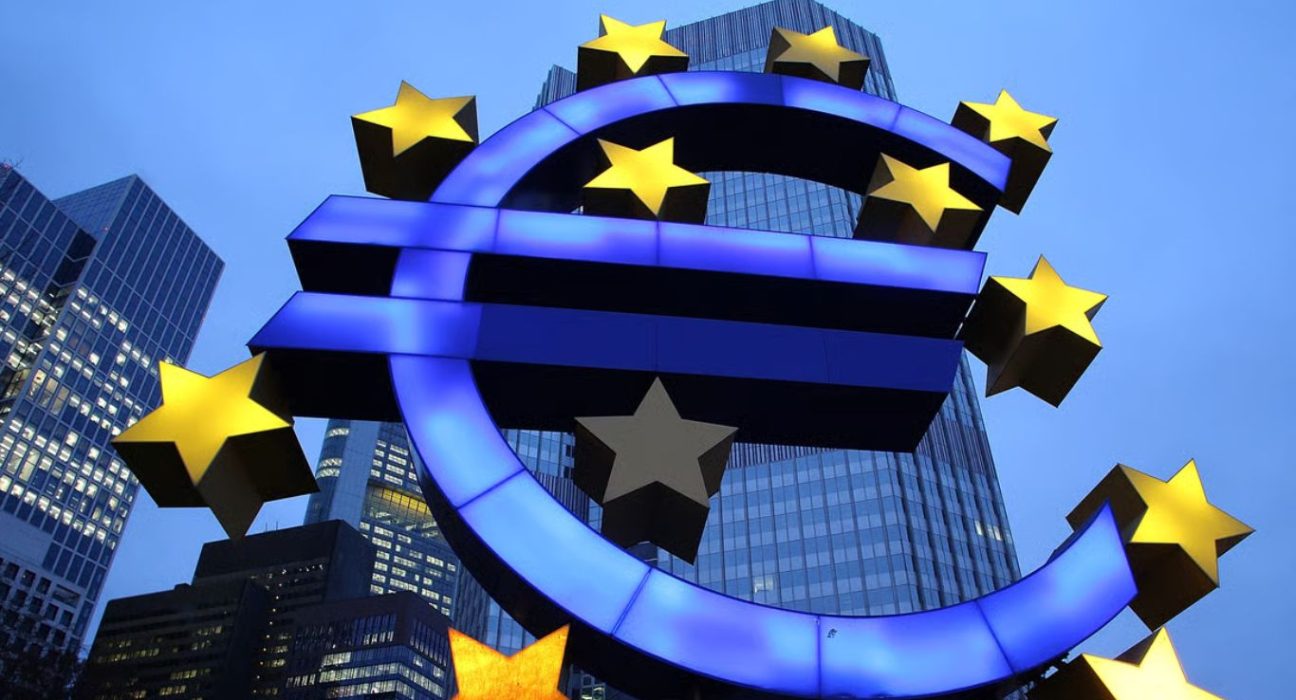Meta Description: European Central Bank (ECB) Chief Economist, Philip Lane, asserts that falling energy prices in the euro zone will alleviate underlying inflation concerns. Lane argues that rapid wage growth is not exerting excessive pressure on prices, and the recent decline in gas prices is expected to reverse the surge in underlying inflation caused by high energy costs.
Falling Energy Prices to Lower Underlying Inflation in the Euro Zone
European Central Bank Chief Economist Philip Lane recently addressed concerns regarding the persistently high inflation in the euro zone, stating that falling energy prices would likely ease the underlying inflationary pressure. Despite policymakers warning of a potential self-reinforcing process keeping underlying inflation above the ECB’s 2% target, Lane expressed confidence in the reversal of this trend as gas prices return to pre-war levels.
Understanding the Impact of High Energy Costs on Underlying Inflation
Lane highlighted that the surge in underlying inflation was largely driven by the necessity to incorporate high energy costs into the pricing of goods and services across various sectors. As energy prices soared over the past two years, businesses had to pass on these increased costs to consumers, contributing to the elevated inflationary environment. However, with the recent decline in gas prices, the ECB expects this pricing mechanism to reverse, subsequently lowering the overall inflationary pressure.
Rapid Wage Growth and its Influence on Price Levels
Contrary to concerns raised by some policymakers, Lane downplayed the notion that rapid wage growth was causing undue pressure on prices in the euro zone. He emphasized that wage growth alone was not a significant driver of inflation, given that it needed to be complemented by other factors, such as increased productivity or rising demand, to result in sustained price increases. Lane’s assessment suggests that the current wage growth in the region is not a cause for immediate concern regarding inflationary pressures.
Addressing the Risk of Persistent High Inflation
Addressing the risk of persistent high inflation, Lane reiterated the ECB’s commitment to its 2% inflation target. While acknowledging the challenges posed by the prolonged period of elevated inflation, he stressed that the recent decline in energy prices would help mitigate these concerns. Lane’s comments suggest that the ECB remains vigilant in its efforts to anchor inflation expectations and maintain price stability in the euro zone.
The Role of Falling Gas Prices in Reversing Inflationary Trends
One of the key factors expected to contribute to a decline in underlying inflation is the notable decrease in gas prices. As gas prices return to pre-war levels, the inflated energy costs that had previously driven up the prices of goods and services are anticipated to diminish. This correction is expected to alleviate the underlying inflationary pressure and bring price levels closer to the ECB’s target.
Future Outlook for Inflation and Policy Implications
Looking ahead, Lane emphasized the need for careful monitoring of inflation developments in the euro zone. While falling energy prices are likely to have a dampening effect on inflation, other factors such as supply chain disruptions and global economic dynamics could influence price levels. The ECB will continue to assess these factors and adjust its policy measures accordingly to ensure price stability and support sustainable economic growth in the region.
Conclusion
ECB Chief Economist Philip Lane’s remarks highlight the expectation of falling energy prices in the euro zone, which are anticipated to alleviate underlying inflationary pressure. Lane emphasized that the recent surge in underlying inflation was primarily driven by high energy costs, and as gas prices return to pre-war levels, the pricing mechanism is expected to reverse. This shift, combined with moderate wage growth, contributes to a more favorable outlook for inflation in the region. However, the ECB remains watchful of other factors that may impact price levels and stands committed to its target of 2% inflation for the euro zone.










